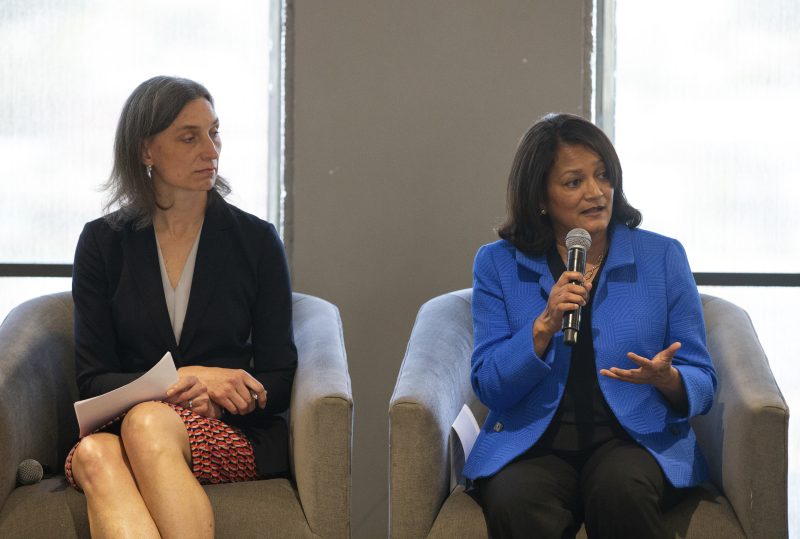In recent years, the progressive movement within the Democratic Party has seen a surge in activism and enthusiasm. Grassroots organizations and passionate individuals are driving conversations around issues like income inequality, healthcare reform, and climate change. While this energy and dedication are commendable, there is a noticeable gap between activism and electoral success.
One key factor contributing to the struggle of progressive Democrats in translating activism into election wins is the disconnect between the priorities of activists and the preferences of the broader electorate. Activists tend to focus on issues that align with their values and principles, often pushing for bold and sweeping changes. However, these positions may not always resonate with a more moderate or diverse constituency, leading to challenges in winning over crucial swing voters.
Moreover, the progressive movement faces obstacles in leveraging its grassroots power to build sustainable political infrastructure. While activists can mobilize for specific causes or candidates during election cycles, the long-term viability of these efforts depends on developing a robust and well-funded organizational network. Building strong relationships with unions, community groups, and party officials is essential for sustaining momentum beyond individual campaigns.
Effective communication and framing are also critical in bridging the gap between activism and electoral success. Progressives must be able to articulate their vision in ways that are inclusive and persuasive to a broad audience. This requires strategic messaging and media outreach to reach voters who may not be engaged with activist circles or online campaigns.
Furthermore, the progressive movement must prioritize coalition-building and collaboration across ideological lines. While it is crucial to stay true to core values, finding common ground with moderate Democrats and independent voters can broaden the appeal of progressive policies and candidates. By fostering alliances with a diverse array of stakeholders, progressives can increase their chances of winning elections and effecting meaningful change.
Ultimately, turning activism into election wins requires a multifaceted approach that combines grassroots mobilization with strategic thinking and coalition-building. Progressives must not only energize their base but also reach out to a broader spectrum of voters, build sustainable political infrastructure, and effectively communicate their message to win elections and advance their agenda. By addressing these challenges and adopting a more holistic approach to politics, progressive Democrats can realize their vision of a more just and equitable society.
